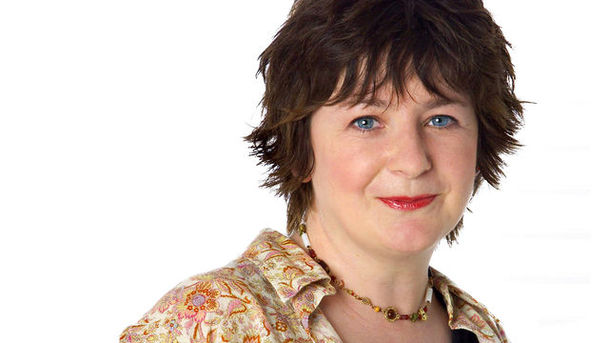Woman's Hour - 01/09/2009

With Jane Garvey Including: Seventy years ago, with the outbreak of WWII, as many as three million children and their teachers were evacuated from Britain's cities to safer places in the countryside. Dubbed Operation Pied Piper, the entire process took just four days and remains the largest mass movement of people in British history. The children left home with no idea of where they were going, nor when they would be coming back. For some the experience of being billeted with new families was deeply traumatic; for others it was more of an adventure. Now the sociologist Monica Morris, herself an evacuee, has collected testimonies from some of those who left their families. She joins Jane to talk about evacuees' experiences and the impact it has had on their lives. Our relationships with brothers and sisters are often the longest lasting of our lives. They can outlast marriages, survive the death of parents and overcome quarrels that would sink a friendship. But what happens if your sibling is disabled or suffers from a chronic illness? Whose responsibility is it to look after a disabled sibling when a parent dies? And where can you turn for support? Jane has been to visit the family of Radio 1 DJ Jo Whiley, who has a disabled sister, Frances, and is joined in the studio by Monica McCaffrey from the charity Sibs, which helps people who grow up with a disabled brother or sister. From the start of this month, children reaching their seventh birthday will be eligible to receive the second payment into their Child Trust Fund. The scheme was started by the government in 2005 as a way of encouraging parents and children to save for their future, and starts every child off with 250 pounds when they are born. But since the scheme's launch, around a quarter of parents have failed to choose a fund in which to invest their child's money, perhaps because many parents are unsure about the best way to invest the money. Jane is joined by personal finance journalist Sarah Pennells to find out more.